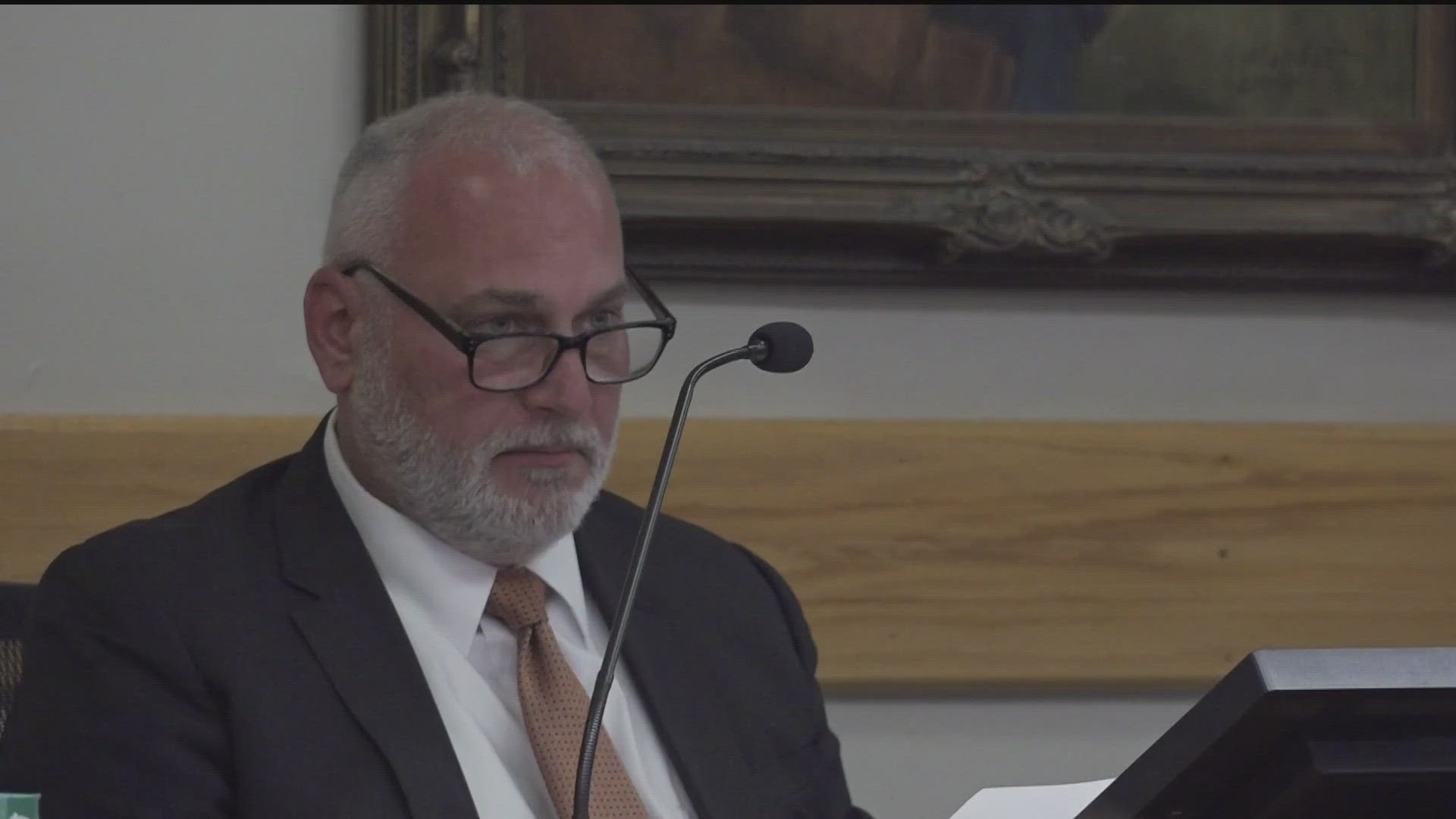ATHENS, Ga. — Last month a mother, in what’s believed to be the first of its kind case in Georgia, won a lawsuit claiming the Athens-Clarke County district attorney's office violated her teenage daughter's constitutional rights under Marsy’s Law.
It’s a voter-approved provision in the Crime Victims Bill of Rights that guarantees an alleged victim of a crime is notified about court hearings and given the opportunity to speak.
The girl, who 11Alive is not identifying, was 14 when she accused her father of rape, incest, and child molestation. On the day of his trial, as she and her mother waited outside the courtroom to testify, the prosecutor instead dismissed the charges, citing insufficient evidence.
Now a new state-appointed prosecutor has been given the case for review. He believes it should have gone to trial and filed a motion asking the judge to reverse the decision.
On Friday, Superior Court Judge Eric Norris approved that request stating in his motion, "A review of the events leading up to the dismissal, however, shows that, for various reasons, the State was not prepared to move forward when the case was called for trial, and the State's attention may have been focused on an upcoming murder trial."
The family’s attorney, Kevin Epps, says the ruling is exactly what they hoped would happen when they filed the lawsuit and gives the family some relief.
“They have been seeking answers with no response, and they've had to go through a huge uphill battle to get to this point,” said Epps.
A spokesperson for the DA's office said, "We are satisfied with the Court's decision to allow the case to be retried," a spokesperson with the DA's office said. "The voice of every victim and witness is always our highest priority. In this case, the victim and their family did not feel as if their voice was heard. That is a failure that we have addressed by adjusting processes and policies within the office to ensure it will never happen again."
The judge also settled another matter on Friday - denying the family's motion to have DA Deborah Gonzalez held in contempt of court.
Right now nearly 60 percent of the assistant district attorney positions in her office are vacant. Still, Gonzalez chose to attend a conference in Alabama the week of the rape trial. As part of the lawsuit, the family asked for records related to that trip to determine if it impacted the decision to dismiss.
Court transcripts from the day the rape charges were initially dismissed provide background to Norris' ruling Friday.
The prosecutor handling the rape case, Robert Wilson, told the judge he had not properly subpoenaed a key witness. When pushed to seat a jury and continue trying to reach the witness, Wilson admitted he was struggling to find enough time to prepare for the rape trial and an upcoming hearing on a murder case, set to start the following week.
Wilson, along with the district attorney, lost that murder trial the following week.
“To take several days off during the course of the rape trial with an understaffed office is not, in my opinion, and not in the family's opinion, the best use of your time when you're trying to prosecute two major cases back to back,” said Epps.
While Epps believes more documents exist, Gonzalez says she’s already complied with his open records request and the court order. Norris said in his order that the Court was also satisfied.
Gonzalez also disputes the trip impacted the rape case in any way.
In a statement released in May after Epps first made the allegation, Gonzalez issued a statement saying in part, “My trip to Alabama this past April allowed me to learn from and connect with other district attorneys from around the country, seeking answers to address racial injustices in their offices and our current legal system.”
The statement went on, “to say that my trip adversely affected the outcome of a case speaks to the sensationalist tactics that our office continues to endure. It suggests that my office and I could not communicate while I was away. If we learned nothing else from COVID, we learned that physical location does not limit communication nor stop collaboration.”

